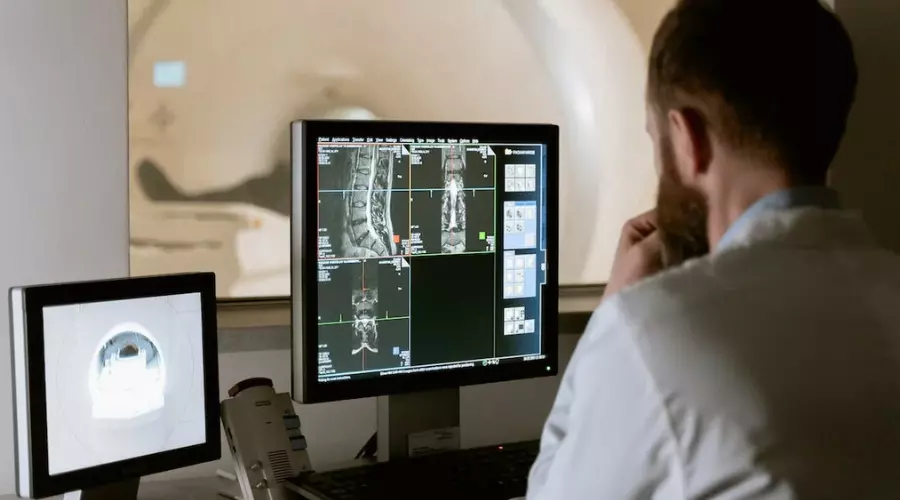Human immunodeficiency virus (HIV) causes progressive failure of your immune system. This can lead to life-threatening infections. Unfortunately in most cases, HIV will develop into Autoimmune Deficiency Syndrome (AIDS). This progression usually takes about ten years. If you have either one of these disorders and are trying to receive social security benefits, you may need to try a few times to get approved.
To meet the requirements to get disability you must show that you have been diagnosed with HIV or AIDS through official medical evidence. Then, you must provide evidence that you have one of the following infections:
Bacterial infections
This includes recurrent diarrhea caused by Salmonella bacteria in your blood, and also infections like tuberculosis and leprosy. The TB or leprosy must appear in places on the body other than the lungs, skin, or lymph nodes.
This section also includes nocardiosis, which is a lung or whole body infection that can cause breathing and neurological problems. A recurrent infection that requires hospitalization or medication three time or more in one year are also considered bacterial infections.
Viral infections
This includes herpes caused by type 5 herpes which occurs in parts of the body that are not the liver, lymph nodes, or spleen, and the herpes simplex virus that causes a skin infection that lasts more than a month. Or, a herpes simplex virus that causes an infection in another area of the body.
The shingles is also a virus under this section, as well as PML which is a progressive inflammation of the white substance in the brain in several areas.
Protozoan or helminthic infections
This includes parasites affecting the intestines which causes recurrent diarrhea for a month or longer, strongyloidiasis (roundworm infection), and toxoplasmosis, which is an infection caused by the Toxoplasma gondii parasite. This must occur somewhere in the body other than the spleen, liver, or lymph node.
Cancers
This includes tumors in the mouth, lungs, intestines, and other organs in the abdomen. It also includes cancers of the cervix that are stage II or worse and squamous cell cancer which is common in the anal canal.
Proving that you’re disabled
The meet the requirements for social security benefits, you will have to show medical records with findings that show you have one of the above complications.
The difference between proving you have HIV or AIDS and other disabilities are that you don’t need to show you have been impaired for a year or that you expect to be impaired for a year. If you show that you meet the listed requirements above, that is enough to prove your disability.







